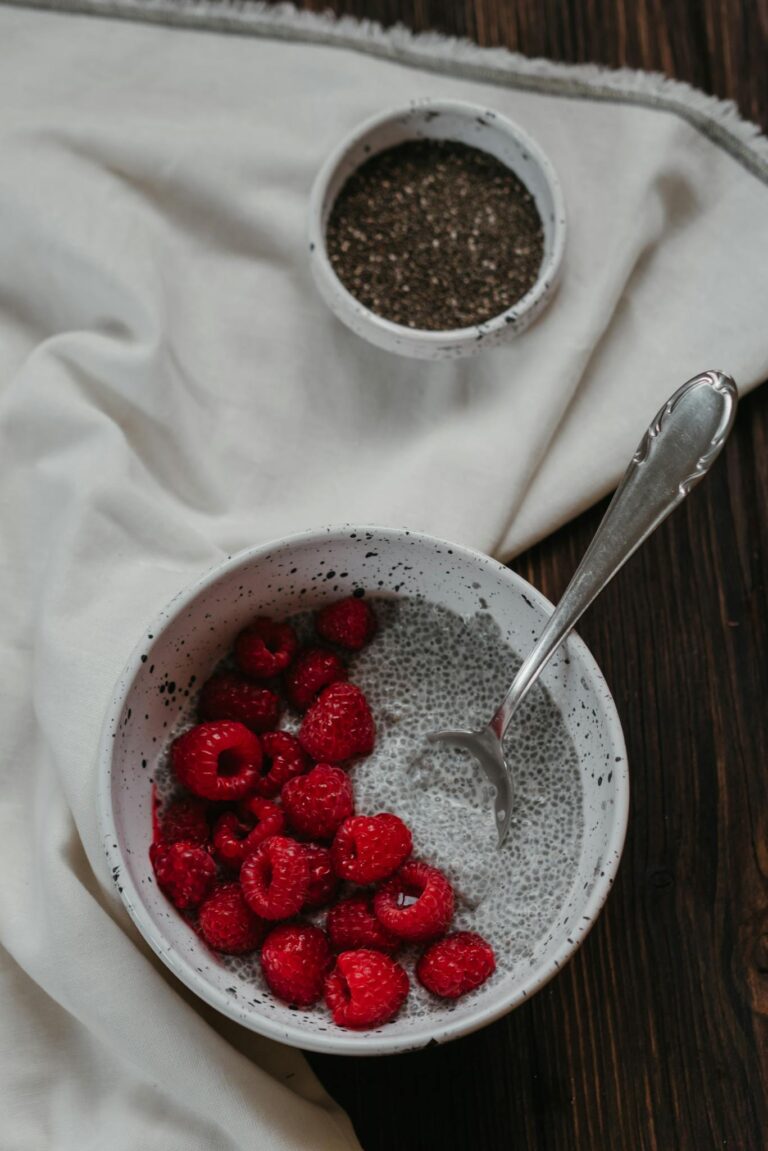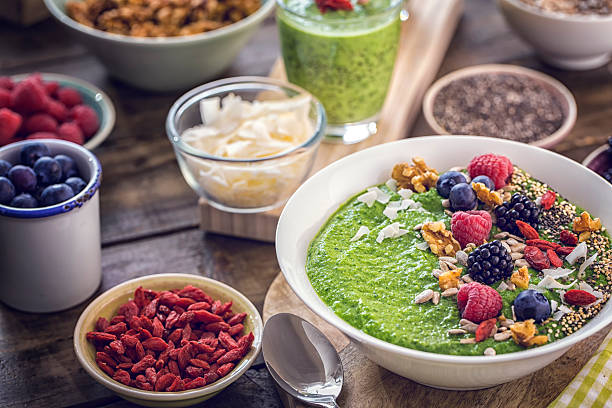In the vast world of superfoods, few ingredients have captured the attention of health enthusiasts quite like spirulina. This blue-green algae, which has been thriving in alkaline lakes for over 3.5 billion years, is now being hailed as one of the most nutritionally dense foods on our planet. But what makes this microscopic organism so extraordinary, and why should you consider adding it to your daily routine?
Spirulina is not just another health trend – it’s a nutritional powerhouse that has sustained civilizations for centuries. The Aztecs harvested it from Lake Texcoco, calling it “tecuitlatl,” while African communities around Lake Chad have relied on it as a primary protein source for generations. Today, NASA has even considered spirulina as a potential food source for long-duration space missions due to its exceptional nutritional profile and sustainability.

What sets spirulina apart is its remarkable protein content. Unlike most plant-based proteins, spirulina is a complete protein, containing all nine essential amino acids that our bodies cannot produce on their own. With protein comprising 60-70% of its dry weight, spirulina contains more protein per gram than beef, chicken, or fish. This makes it an invaluable resource for vegetarians, vegans, and anyone looking to increase their protein intake without relying on animal products.
The nutritional benefits extend far beyond protein. Spirulina is exceptionally rich in B-vitamins, particularly B12, which is often deficient in plant-based diets. It also contains significant amounts of iron, magnesium, potassium, and manganese. The iron in spirulina is particularly well-absorbed by the body, making it an excellent choice for individuals with iron deficiency anemia.
One of spirulina’s most fascinating components is phycocyanin, the pigment responsible for its distinctive blue-green color. This powerful antioxidant has been shown to have anti-inflammatory properties and may help protect against oxidative stress. Research suggests that phycocyanin can help reduce inflammation markers in the body and may even have neuroprotective effects.
The health benefits of spirulina are supported by numerous scientific studies. Research has shown that regular spirulina consumption may help lower cholesterol levels, regulate blood sugar, support immune function, and even aid in weight management. Some studies suggest that spirulina’s antioxidant properties may help protect against certain types of cancer and support cardiovascular health.
For athletes and fitness enthusiasts, spirulina offers unique advantages. Its high protein content supports muscle recovery and growth, while its B-vitamins help convert food into energy. Some studies have shown that spirulina supplementation can improve endurance performance and reduce exercise-induced oxidative stress.
When incorporating spirulina into your diet, quality matters immensely. Look for organic, non-GMO spirulina that has been tested for heavy metals and contaminants. Pure spirulina should have a deep blue-green color and a mild, slightly nutty taste. Start with small amounts (1/2 teaspoon) and gradually increase to avoid digestive discomfort.
Spirulina can be easily incorporated into your daily routine through smoothies, juices, or simply mixed into water. Its earthy flavor pairs well with tropical fruits, citrus, and green vegetables. Some creative ways to use spirulina include adding it to energy balls, homemade protein bars, or even ice cream for a nutritious twist.
As we continue to seek sustainable and nutritious food sources, spirulina stands out as a solution that benefits both our health and the environment. This ancient superfood requires minimal resources to cultivate while providing maximum nutritional benefit – truly making it a food of the future rooted in the wisdom of the past.





